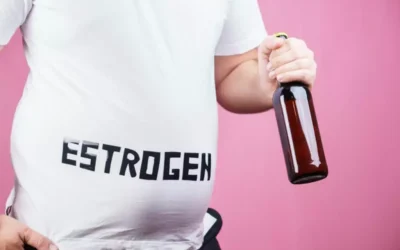Believe it or not, how many drinks you have doesn’t appear have a significant impact on how long a hangover lasts, according to a 2017 study. Try eating at least a plain piece of toast before calling it a night. Read on for steps you can take to make hangovers more manageable — and maybe even avoidable. “Because you’re likely to drink less than you did when you were younger, your memory of past hangovers may be skewed,” Dr. Korraa says. Support groups such as Alcoholics Anonymous (AA) help you stay on track for recovery. They provide a safe and supportive environment to share your experiences with others struggling with alcohol addiction.
- According to a recent study, the average duration of an alcohol hangover is 18 hours after stopping drinking or 12 hours after waking up.4 However, several factors influence this timeline.
- It can linger for several hours even after a person no longer has an elevated blood alcohol level.
- “It’s also worth mentioning that it’s more likely to be lifestyle factors which play the biggest part in making us feel worse during a hangover.
- Light-colored alcohols, such as vodka or white wine, have fewer congeners (hangover-causing toxins).
- Drinking helps you feel calm, relaxed and even happy.
- “Lighter drinks, such as gin, vodka and light beers typically have less of this chemical and are thought to be easier for the body to process, lessening the symptoms of a hangover.”
- Hangovers resolve by themselves, usually by 24 hours after onset, however, drinking water and getting sleep can lessen some (but not all) of the symptoms of a hangover.
“It’s also worth mentioning that it’s more likely to be lifestyle factors which play the biggest part in making us feel worse during a hangover. If you have not had a restful sleep, a hangover can be exacerbated, meaning you can feel a lot worse and it will last a lot longer. “The more you drink, the more likely you are going to feel these effects, and the longer you might take to recover.” Newsweek asked medical experts about what to expect from imbibing excess alcohol and how best to deal with “babalaas.”
How much alcohol do you have to drink to feel hangover symptoms?
This method has the informal name of “drip bar.” It can be pricey, and health insurance doesn’t cover the bill. But there’s no need to pay for IV fluids when you can drink a glass of water for free. Getting an IV insertion increases your risk that a vein may clot or become inflamed, https://ecosoberhouse.com/ or the injection site could become infected. Some people take over-the-counter pain relievers (often acetaminophen) before going to bed to minimize hangovers. It is important to recognize that the combination of alcohol and acetaminophen can be toxic to the liver.
Some people have a headache a few hours after drinking wine — especially red wine. But it’s different from a hangover, which may or may not include a headache. It’s possible that https://ecosoberhouse.com/article/how-long-does-a-hangover-last-how-to-ease-a-hangover-tips/ some chemicals in wine and how the body responds to them could result in a headache after drinking wine. More research is needed to find the exact cause of wine headache.
Masks Strongly Recommended but Not Required in Maryland, Starting Immediately
Only a couple of studies have been done, which is far from proof that this hangover remedy works. But if you can find Korean pear juice at your local supermarket, it doesn’t hurt to try a glass before you go out drinking. Drinking water also slows the rate at which your body absorbs alcohol and keeps your overall blood alcohol level lower. Though other chemicals in your drink – or drinks – of choice contribute to your hangover, alcohol is the primary culprit.


